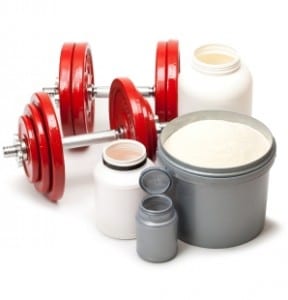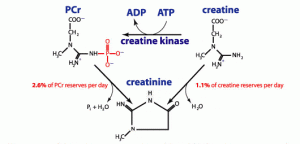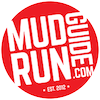
Welcome to the first installment of Supplements 101: The Good, The Bad, The Useless. The realm of nutritional supplements can be a tad overwhelming to say the least. There are literally hundreds of different supplements being sold today, each with its own set of claims and supposedly miraculous health benefits.
Truth is, the majority of these supplements either don’t do what they claim, or have such a minor impact on what they claim to help with that it’s negligible at best. Basically, most supplements are full of crap.
There are, however, a number of supplements that actually do provide real benefits, a few of them being downright essential for good health. Vitamin D for example is an extremely important nutrient for the body, involved in bone mineralization, mental health, immune system functioning, and disease prevention. Most people are deficient (especially in North America) and would no doubt benefit from supplementing.
Over the next few nutrition posts, we’re going to dive into some of the most popular supplements on the market, and assess whether or not their worth spending your hard-earned cash on.
ALL ABOUT CREATINE
What is it?

What comes to mind when you hear the word “creatine”? Perhaps it’s the image of a juiced-up bodybuilder, slugging down his muscle-max drink? I’ll admit, that was the perception I had before I really delved into some research. Creatine is one seriously misunderstood supplement that deserves a credible explanation.
Creatine is a natural molecule, produced both in our bodies and found in animal foods such as meats, fish, and eggs. Its role in our body is to help supply our cells with energy, namely our muscle cells.
This rapid energy production produced by creatine is what underlies its key benefits, promoting increased strength, along with brain and nervous system enhancement.
Why is it important?
In the realm of physical training, creatine is a proven strength and power promoter. In other words, if you want bigger gains during your training, creatine is a wise supplement to include in your pre-workout arsenal.
Studies conclusively find that creatine boosts performance primarily for activities involving repeated short bouts of high intensity physical activity, such as strength training, high intensity interval training (HIIT), sprinting, and Crossfit workouts.1,2,3,4
Creatine supplementation is particularly important for those following a vegetarian or vegan diet, as the primary food source of creatine is muscle meats. In fact, creatine supplementation in vegetarians has been shown to enhance cognition, while having no effect in omnivores.5 That’s a good sign that there’s a deficiency being addressed!
Is it worth supplementing?
For the plant-based crowd in particular, creatine is a wise supplement to consider. Along with its well-established physical performance benefits, it has significant cognitive improvement effects.
Even if you’re an omnivore consuming meat products on a weekly basis, to get a therapeutic dose of creatine would require downing multiple pounds of steak or chicken daily.
Creatine monohydrate is the most common form of creatine, found in a white, powdered form. It’s not the most pleasant tasting substance, so be sure to mix it with a flavored beverage.The most common way to take creatine is by saturating the cells with an initial 5-7 day “loading phase” of roughly 0.3 g/kg of bodyweight, followed by a maintenance dose of 5 g/day.
Is it safe?
Creatine is one of the safest supplements available. Side effects are rare, consisting of stomach cramps (if consumed with too little water), or diarrhea (if consumed in excess of the recommended 5-10 g per day).
Summary
To sum up, creatine is a well-researched, proven performance enhancer, specifically in the realm of high intensity, strength-related activities. In terms of bang for your buck, there are few supplements that rival creatine.
Andrew Thomas is a Nutritionist and elite obstacle course racer with a passion for helping people achieve their health goals. Check him out at: http://www.nutritionwithdrew.com
Find him on Facebook: https://www.facebook.com/NutritionWithDrew
Follow him on Twitter: @nutritiondrew
SOURCES
http://www.ncbi.nlm.nih.gov/pubmed/15707376
http://examine.com/supplements/Creatine/
1http://www.ncbi.nlm.nih.gov/pubmed/21744011


Keep up the good work. I am in need of advice with supplements. I ,am nearly 40, workout twice a day, work full time, own and operate rental units, drill with the National Guard and work as a Local Volunteer Search and Extraction Rescuer. I DON’T have time to research supplement and must of what I read are from paid bloggers with a site nothing more than an advertisement for the highest bidder. I will continue to follow you site more information on best type of supplements for strength and endurance.
Great Article, but I thought there’d be more supplements other than creatine. Beta Alanine, 1 3 dimethylamylamine (probably on the naughty list…)
Nice post, there are plenty more I’d recommend though inc whey protein and protein bars perhaps.